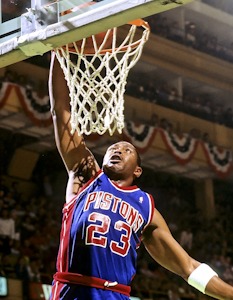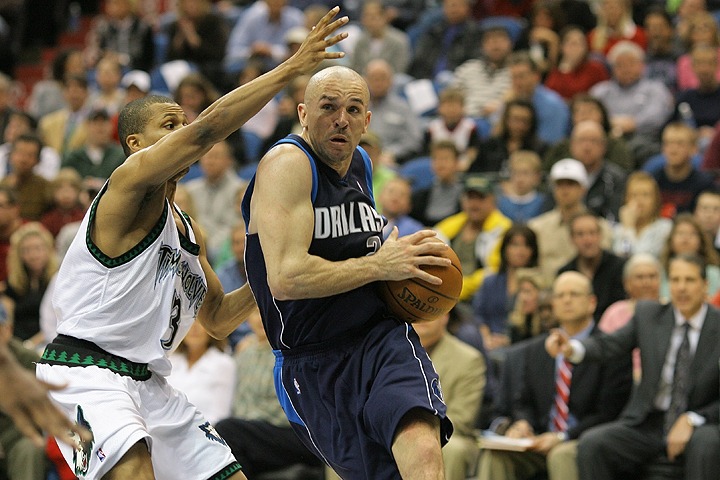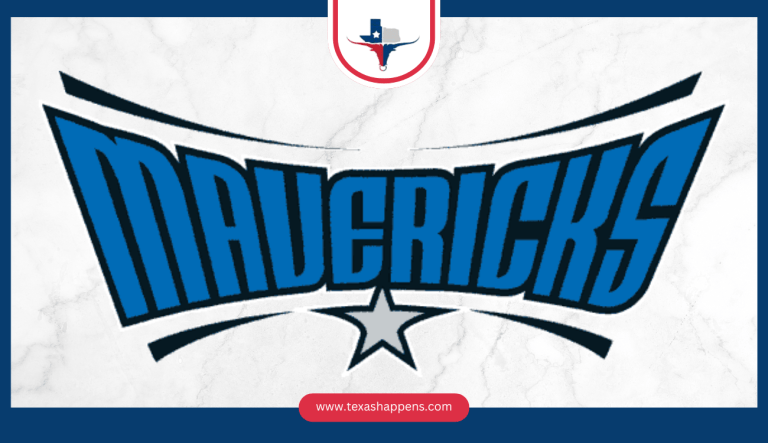The Dallas Mavericks were founded in 1980 as part of the NBA’s expansion into Texas. The city of Dallas had long craved a professional basketball team, and after securing the necessary backing, the Mavericks joined the league as the 23rd franchise. Their first-ever draft pick, Kiki Vandeweghe, refused to play for the team, forcing them to trade him to Denver. However, that setback didn’t stop Dallas from laying the groundwork for future success.
Dallas Joins the NBA (1980)
When the Dallas Mavericks entered the NBA as an expansion team in 1980, they faced the formidable task of building a basketball culture in a city dominated by football. As Texas’ third professional basketball franchise, they made Reunion Arena their home, with its modest capacity of 17,007 seats. Like the Dallas Stars relocation, which would come 13 years later and help establish ice hockey in Texas, the Mavericks faced the challenge of winning over a new market.
Under head coach Dick Motta, the Mavericks had their first game on October 11, 1980, defeating the San Antonio Spurs 103-92 in a stunning debut.
Despite early attendance challenges during their difficult inaugural season, where they won just 15 games, the Mavericks’ fan engagement strategies proved remarkably successful. You wouldn’t have predicted their rapid rise in popularity, but by the 1985-86 season, they’d achieved an NBA record by filling Reunion Arena to 99.4% capacity.
This impressive feat demonstrated that Dallas fans had welcomed basketball, defying initial skepticism about the sport’s viability in football country. The Mavericks’ persistence in those early years created a passionate fan base that would support them for decades to come.
Early Years at Reunion Arena

Image: Copyright by Steve Lipofsky Basketballphoto.com, Lipofsky Mark Aguirre, CC BY 3.0
The early years at Reunion Arena marked a defining chapter in Mavericks history. While the team’s inaugural 1980-81 season was challenging with a 15-67 record, you’d never know it by looking at the early attendance records. The Mavericks quickly captured Dallas’s heart, altering a football-centric city into a passionate basketball town.
The loyal fanbase development was extraordinary, culminating in the 1985-86 season when fans packed Reunion Arena to 99.4% capacity – an NBA record at the time. This steadfast support helped fuel the team’s rapid improvement throughout the 1980s.
Mavericks’ evolution from expansion underdogs to serious contenders, as they made six playoff appearances and even pushed the mighty Lakers to their limits in the 1988 Western Conference Finals. The addition of Rolando Blackman in 1981 provided the team with a cornerstone player who helped establish the foundation for future success.
Rise to Championship Contention

Image: Calebrw, Jason Kidd drives Feb 24 2008, CC BY-SA 3.0
Despite their humble beginnings, Dallas’s rise to championship contention during the 1980s converted the franchise into a Western Conference powerhouse. Under Dick Motta’s guidance, shrewd roster construction brought together Mark Aguirre, Rolando Blackman, and James Donaldson, forming a formidable core that altered the team’s fortunes.
Through key player development and strategic coaching, you’d see the Mavericks reach the playoffs for six straight seasons starting in 1983-84.
The team’s success resonated with Dallas fans, who packed Reunion Arena to a record-setting 99.4% capacity during the 1985-86 season. The Mavericks’ golden era peaked in 1987-88 when they advanced to the Western Conference Finals, though they’d ultimately fall to the Lakers. This period established the franchise’s winning culture and competitive spirit.
The Dynamic Duo of Aguirre and Blackman transformed the Mavericks into a perennial playoff team throughout the 1980s, setting new standards for excellence in Dallas basketball.
Rebuilding Through the 1990s
View this post on Instagram
Following their exceptional run in the 1980s, Dallas plunged into a dark period marked by roster upheaval and disappointing performances throughout the 1990s. You’d witness a complete roster overhaul as the team traded beloved veterans Rolando Blackman and Derek Harper, while promising talent Roy Tarpley’s career derailed due to drug-related issues.
Mavericks laid the groundwork for future success by drafting Jason Kidd in 1994, forming the “Three Js” era that would eventually help shape the team’s fortunes. Much like the story of Jason Witten’s early life, where personal adversity led to eventual triumph, the Mavericks’ difficult period would ultimately strengthen their resolve.
The Mark Cuban Revolution
Salvation for the struggling Mavericks arrived in January 2000 when tech billionaire Mark Cuban purchased the team for $285 million. His maverick’s business acumen quickly transformed the franchise from a troubled organization into a powerhouse contender. You could see the immediate impact of Cuban’s hands-on approach, as he revolutionized the team’s operations and invested heavily in player development.
Under his leadership, the Mavericks reached unparalleled levels, including their first NBA Finals appearance in 2006. Cuban’s philanthropic ventures and commitment to excellence culminated in the team’s crowning achievement: the 2011 NBA Championship victory over the Miami Heat. His passionate courtside presence and willingness to spend on talent have made him one of the NBA’s most recognizable owners, forever altering the dynamic of Dallas basketball.
2011 NBA Championship
The 2011 NBA Championship stands as the crowning achievement of Dirk Nowitzki’s illustrious career with the Mavericks. In a classic underdog triumph, Dallas defeated the heavily favored Miami Heat in six games, avenging their heartbreaking 2006 Finals loss.
This victory wasn’t just about winning a championship; it transformed the franchise’s legacy and cemented Nowitzki’s place among basketball’s greatest players.
You’ll find few stories as compelling as this emotional expedition, where Nowitzki led his team to glory by averaging 26 points and 9.7 rebounds per game, earning Finals MVP honors. After years of playoff disappointments, the Mavericks finally captured their first NBA title, proving that persistence and dedication can overcome even the most formidable opponents.
Final Thoughts
What started as a struggling expansion team in 1980 grew into a respected franchise, thanks to stars like Dirk Nowitzki, Jason Kidd, and Luka Dončić. Their 2011 NBA Championship remains one of the most inspiring victories in sports, proving that perseverance and teamwork can overcome any challenge.


